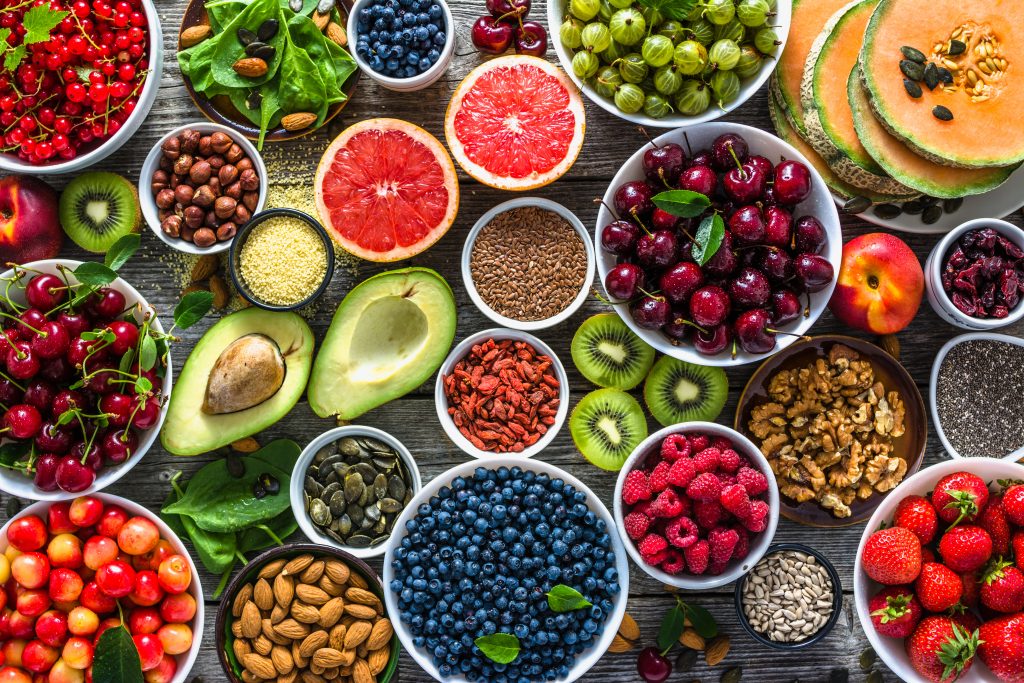The Role of Nutrition in Sport Concussion Recovery

Sport concussions have been a hot topic over the past few years, with the launch of the Canadian Guideline on Concussion in Sport in 2017 and SIRC’s associated We are Headstrong campaign, and the passing of Rowan’s Law (Concussion Safety) on March 7, 2018 in Ontario. Despite increased awareness, recognition and treatment pursuits, the role of nutrition…
Human Performance and the Gut
As extreme endurance races become more popular, athletes are confronting a new limit on human performance – their gut. New research shows your digestive track can only absorb 2.5 times your basal metabolic rate (BMR) worth of calories per day. With some athletes depleting their glycogen and fat stores at 4 or 5 times their…
Supplements & the Youth Athlete
According to research, youth athletes judge the use of nutritional supplements as acceptable when the negative health consequences are low, the coach’s attitude toward the supplement is favourable, and the expectation of short-term success is high. With supplements considered by some to be a gateway to the use of prohibited substances, this has important implications…
Healthy School Lunches
Healthy school lunches provide children with essential vitamins and minerals for healthy growth and development, and the energy and nutrients they need throughout the day for learning and active play. Health Canada recommends engaging children in planning their meals to make it more likely that they eat and enjoy their food. Looking for tips? Check…
Balancing Athlete Performance and Satisfaction at Major Games

Competing at a major international multi-sport games, like the Pan and Parapan American Games, should provide lasting and positive memories for athletes, regardless of where they place at the end of their competition. While much attention is paid to athlete training and preparation leading into the major games, it is becoming increasingly clear that there…
Raptors Nutrition
Wondering what role nutrition played in the Raptors’ NBA Championship? This interview with Jennifer Sygo, registered dietitian and performance nutritionist with the Toronto Raptors, Athletics Canada and Swimming Canada, talks about the nutrition needs of high performance athletes and provides some key takeaways for recreational athletes.
WHO Dementia Guidelines
Dementia is a rapidly growing public health problem affecting around 50 million people globally, and nearly 10 million new cases every year. The disease inflicts a heavy economic burden on societies, with the costs of caring for people with dementia estimated to rise to US$ 2 trillion annually by 2030. According to new guidelines from…
Mindful Eating
Healthy eating is about more than just the foods you eat. Being mindful of your eating habits means being aware of what you eat, why you eat, how you eat, and how much you eat. Mindful eating can help you make healthier choices, and reconnect you to the eating experience.
Well-planned vegetarian eating
Thinking about making some changes to your diet now that Health Canada has released an updated Food Guide? Plant-based and vegetarian diets offer many health benefits including the prevention and treatment of certain diseases. This article from the Dietitians of Canada offers tips and meal options for well-planned vegetarian eating.
Mental Health & Eating Disorders
When athletes are struggling with mental health, sometimes offhand comments from coaches and teammates can have negative consequences. In today’s video, produced by the Canadian Olympic Committee for Bell Let’s Talk Day, diver Francois Imbeau-Dulac shares his struggles with an eating disorder and his courage to ask for help.